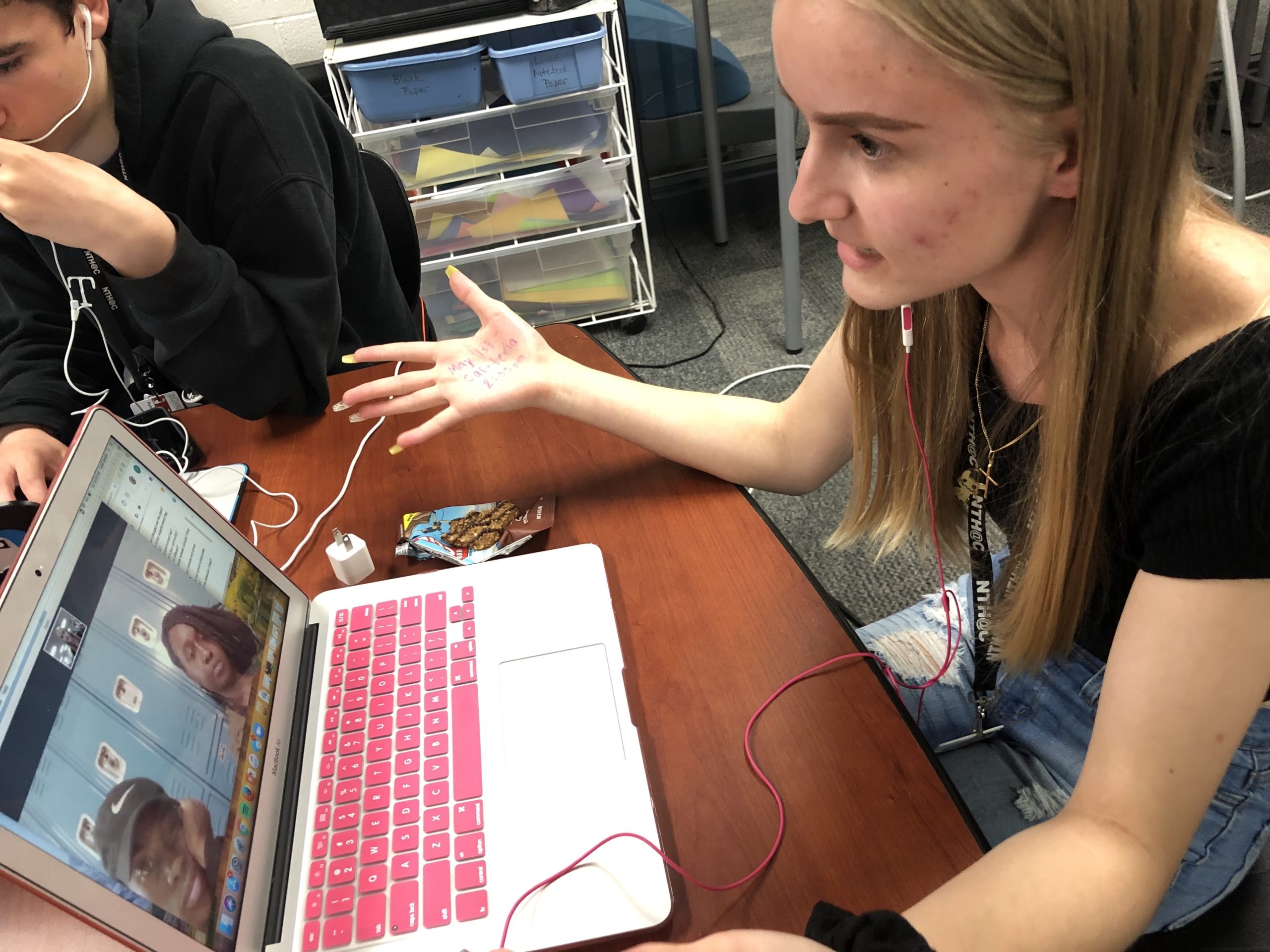Collection Overview
Building Critical Civic Empathy Across Time and Space: Fostering Digital Democratic Dialogue with the NWP 3D Project
The 3D Journey

Close your eyes and imagine a stereotypical classroom. Desks in rows. One teacher standing before 30 seated students. Now imagine piping into that room audio of every conflicting news report the teacher and students are learning about on social media regarding local, national, or global current events. Imagine welcoming in individuals representing all of the groups in the students’ and teacher’s lives who are influencing their developing ideas about themselves and the world around them – family, friends, religious organizations, online message boards. Imagine the cacophony of voices creating a disorienting wall of sound. And amidst that cacophony figuring out what it means to teach those students English Language Arts.
Such is our challenge as educators today. Politics and current events are not happening outside our classrooms – they are threaded throughout every moment we spend with our students. Students bring to class their questions about what is going on in the world around them – they are curious, confused, scared. And though civic education is often conceptualized as being confined to the realm of social studies, we teachers know that is taking place in every subject and in every grade as we decide what to talk about, what to read, and what ideas to allow or bar from our classrooms.
The Digital Democratic Dialogue Project – 3D for short – is the collaborative effort of six high school English teachers from across the National Writing Project network (along with some NWP researcher friends) to think and learn and experiment together with what it means to inject civic engagement and democratic discourse into all aspects of their literacy pedagogy and curriculum. The 3D Project teachers, along with participating students from their ELA classes, spent the entire 2018-2019 school year documenting the breakthroughs, challenges, and questions that emerged from orienting their literacy practice toward equipping students to engage with the world in troubled times.
The 3D Project teachers come from communities across the United States that differ demographically, geographically, and politically. This is one of the reasons that digital media was so crucial to our endeavor from the start – we wanted to leverage the communicative power of online platforms to connect students with peers living in the same country but perhaps experiencing it in ways completely foreign to them. We also found it important to build our inquiry around digital media because of the fundamental role it now plays in U.S. civic and political life. All of us, and particularly young people, are now engaging in dialogue about civic issues and taking social action online in ways that are reshaping the public sphere – a phenomenon that Joseph Kahne and colleagues dub ‘participatory politics.’
Amidst this shifting civic landscape, the 3D Project teachers asked their students to grapple with big questions, including:
- What possibilities and tensions do we experience within and across our communities, and how do these create opportunities and barriers for civic discourse across difference?
- What is the potential for digital storytelling to build critical civic empathy and open possibilities for authentic dialogue?
- How can we imagine new civic possibilities that forefront equity and justice?
This collection seeks to share our 3D Project journey, which is continuing and growing, and to encourage more educators to join us in making critical civic learning central to our work with students.

